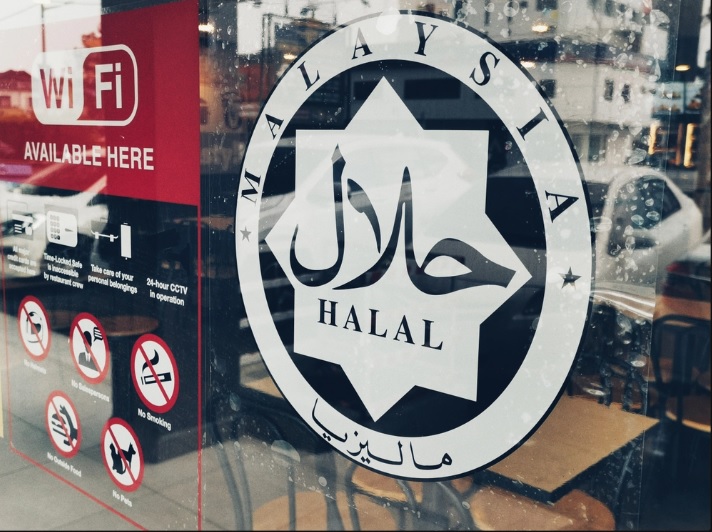Takiyuddin Says Non-Halal Eateries Owned By Non-Muslims Should Not Serve Muslim Customers
The PAS leader claimed that JAKIM's plans to make halal certification mandatory will not affect non-Muslims.
Amidst ongoing discussions surrounding the proposed mandatory halal certification, PAS secretary-general Datuk Seri Takiyuddin Hassan has suggested that eateries run by non-Muslims without halal certification should consider refraining from serving Muslim customers
According to the Kota Bharu member of parliament (MP), doing so would help prevent misunderstandings about the halal status of the food served at such eateries, reported MalaysiaGazette.
While stating that establishments without halal certification should not create the impression that their food is suitable for Muslims, Takiyuddin claimed that the Department of Islamic Development Malaysia's (JAKIM) plans to make halal certification mandatory will not affect non-Muslims.
"If examined, it is clear that JAKIM's proposal only concerns Muslims, specifically their right to enjoy food that is guaranteed to be halal and not be misled about it.
"In other words, non-Muslim-owned restaurants and eateries should not accept Muslim patrons to premises without a halal certificate, nor should they be allowed to 'give the impression' that the products offered 'can be enjoyed by Muslims'," he said, as reported by Malaysiakini.
His remarks come in response to criticisms from DAP's Seputeh MP Teresa Kok, who argued that making halal certification mandatory for restaurants and food companies that do not serve pork or alcohol would burden businesses, including those operated by Muslims
The move, she said, would hinder consumers' freedom of choice.
She also mentioned that the implementation could make Malaysia a "laughingstock abroad".
"Malaysia currently does not have a law requiring restaurants to apply for halal certification. This mandatory implementation conflicts with existing laws and may require amendments to various regulations," she said.
However, Takiyuddin accused her of misrepresenting the situation.
"Kok's comments give a false impression of the administration of Islam in Malaysia and imply that the practice of Islam poses a threat to non-Muslims, which is both inaccurate and divisive," he said.
He claimed that while Muslims should choose carefully, the government also has a role in ensuring better regulation, as eateries owned by non-Muslims provide misleading information.
The proposal to make halal certification mandatory for restaurants and food companies that do not serve pork or alcohol has become a contentious issue, with over 50 police reports lodged against Kok
She is being investigated under Sections 298 and 505(b) of the Penal Code for wounding religious feelings and making statements conducive to public mischief, reported the New Straits Times.
While the certificate itself doesn't cost much — the application fee for a halal certificate is only RM20 for applications by local businesses — the subsequent requirements can burden businesses.
According to the Malaysian Halal Certification (Domestic) Manual 2020 (MHCM 2020), JAKIM's halal certification process involves an audit after a company submits its application and required documents.
The audit covers raw materials, storage, cutlery, packaging, staff, and sanitation.
Raw materials must be safe and uncontaminated, while storage requires strict separation of halal products from others. Premises must be free of non-halal elements like alcohol and pork and kept secure from pests.
Additionally, businesses need a specific number of Muslim staff, and new hires must undergo halal awareness training. Small operations require at least one permanent Muslim staff member.

